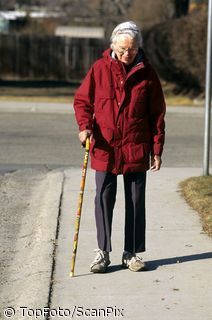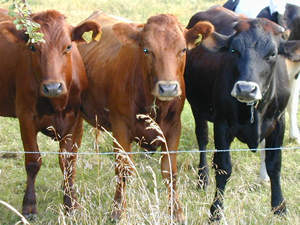Millions of Russian-speaking former citizens of the Soviet Union play a key part in the Russian economy by sending billions of rubles back to their own republics while they work in Russia
Published:
25 March 2003 y., Tuesday
Some of the workers build dachas in the Moscow region, while others drive trolleybuses in Moscow, sell vegetables in open markets or bring in the harvest in agricultural regions.
For the many families of these laborers, the paychecks are their key to survival. About a quarter of the households in Armenia and Azerbaijan are dependent on transfers from family members working in Russia, said Zhanna Zaionchkovskaya, head of the Academy of Sciences' Center for Migration Studies.
Families in other republics, including Georgia, Ukraine, Moldova and Tajikistan, also count on the money, but there are no reliable figures on the amounts involved, she said.
Nationalities Minister Vladimir Zorin said last year that 2 million Armenian and 1.5 million Azeri migrants are in Russia, while the next-largest groups are from Ukraine, Moldova and Tajikistan.
But most of the migrants are not registered in Russia, leaving them open to exploitation and extortion from employers and law-enforcement agencies.
Many of the workers are ethnic Russians unable to get citizenship since the government made it more difficult last year. Many have been living and working in the country for years. The law on foreigners, introduced in November, is intended to either legalize these workers or kick them out.
Šaltinis:
themoscowtimes.com
Copying, publishing, announcing any information from the News.lt portal without written permission of News.lt editorial office is prohibited.
The most popular articles
 Getting on their glad rags, pensioners in the India capital New Delhi stepped out on to the to strut their stuff.
more »
Getting on their glad rags, pensioners in the India capital New Delhi stepped out on to the to strut their stuff.
more »
 Attempt to reach agreement over the working time directive - which limits workers to 48 hours including overtime - broke down late Monday night (27 April) as MEPs and EU Ministers failed to agree.
more »
Attempt to reach agreement over the working time directive - which limits workers to 48 hours including overtime - broke down late Monday night (27 April) as MEPs and EU Ministers failed to agree.
more »
 She has only been on the job for 100 days, but First Lady Michelle Obama has managed to dazzle the public.
more »
She has only been on the job for 100 days, but First Lady Michelle Obama has managed to dazzle the public.
more »
 Across Europe the amount of time new mums can have off after the birth of their child varies from 14 to 52 weeks.
more »
Across Europe the amount of time new mums can have off after the birth of their child varies from 14 to 52 weeks.
more »
 The note was written by prisoners at the Nazis' Auschwitz death camp during World War Two and stuffed into a bottle.
more »
The note was written by prisoners at the Nazis' Auschwitz death camp during World War Two and stuffed into a bottle.
more »
 Spectators at a Kentucky race course were left shocked after an horrific crash involving a rider-less horse.
more »
Spectators at a Kentucky race course were left shocked after an horrific crash involving a rider-less horse.
more »
 As a family in Mexico mourned the death of the latest suspected victim of the swine flu, the deadly virus pushed its way into New Zealand and Israel.
more »
As a family in Mexico mourned the death of the latest suspected victim of the swine flu, the deadly virus pushed its way into New Zealand and Israel.
more »
 For the seventh time in a row spring will not be only a season of blossoming flowers but also a time when students all over the world can get to know more about the European Union.
more »
For the seventh time in a row spring will not be only a season of blossoming flowers but also a time when students all over the world can get to know more about the European Union.
more »
 Traditional Hungarian herdsmen don the clothes of an age gone by as they mark the start of the summer season by parading their flocks.
more »
Traditional Hungarian herdsmen don the clothes of an age gone by as they mark the start of the summer season by parading their flocks.
more »
 The jobless rate is rising faster among the young, underscoring the need for a new long-term strategy to address their plight.
more »
The jobless rate is rising faster among the young, underscoring the need for a new long-term strategy to address their plight.
more »